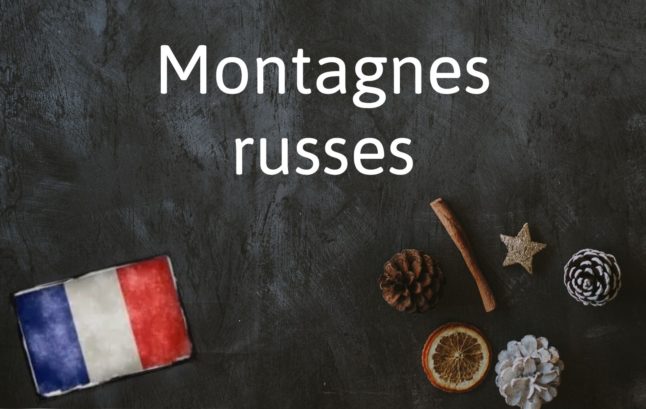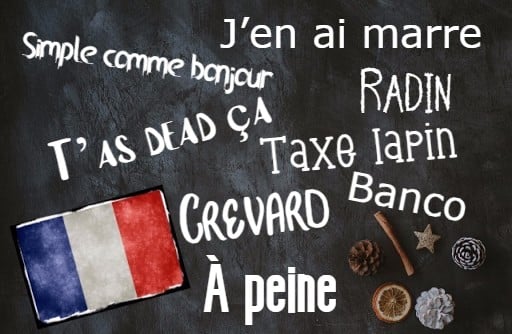Why do I need to know montagnes russes?
Because it’s one of those French phrases that makes no sense when translated literally.
What does it mean?
Montagnes russes – roughly pronounced mohn-tahn-yah roos – literally translates as ‘Russian mountains’.
While there are certainly some real Russian mountains out there, the French term actually means ‘rollercoaster’.
And just like its English counterpart, the term can refer to an actual, physical rollercoaster at a theme park or a fluctuation up and down of something, whether it is emotions or statistics.
If things feel a bit turbulent you can say Je passe par une montage russe d’émotions (I’m going through an emotional rollercoaster).
Similarly, if there has been a chaotic period in French politics, you might see this expression used by the French press.
Exactly why the mountains are Russian is slightly unclear, although it’s suggested that this was due to an early form of theme park popular in Russia in the 16th century – although these were ice-covered slopes built in the winter that people slid along on sleds or wicker seats, more similar to a modern bobsleigh track.
By the 19th century versions had appeared in Paris with rail carts instead of sleds, and were widely known as montages russes.
Oddly enough, the Russian the word for rollercoaster roughly translates as ‘American slides’.
In French you sometimes also hear le grand huit (the big eight, after the traditional shape) or just le rollercoaster.
Use it like this
Nous sommes allés à Disneyland Paris mais les montagnes russes étaient fermées pour réparation – We went to Disneyland Paris but the rollercoasters were closed for repairs.
On est toujours sur les montagnes russes, on monte et on descend, à essayer quelque chose de nouveau – You’re always on this emotional rollercoaster, up and down, trying something new.
Le marché boursier a vraiment joué les montagnes russes au cours de ces dernières années – The stock market has really been on a rollercoaster ride over the last few years.



 Please whitelist us to continue reading.
Please whitelist us to continue reading.
Spanish is the same: montaña rusa.